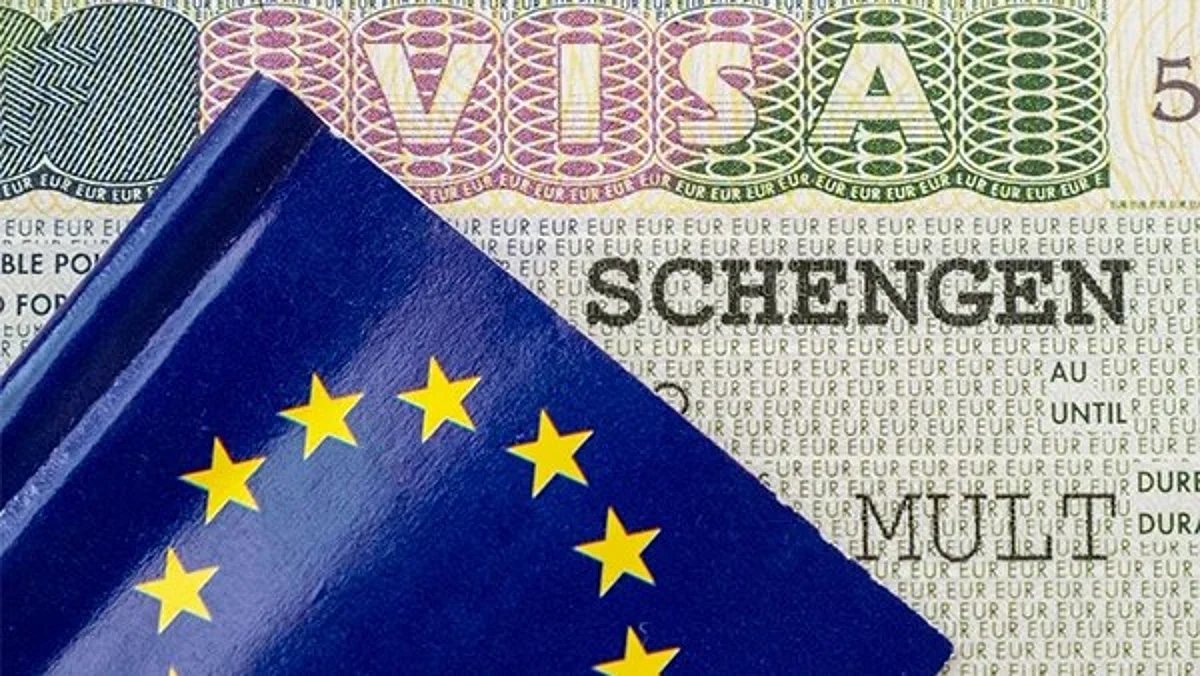A perfect vacation comes with a carefully considered packing list, but it seems many Canadians may be not be prepared to pack one thing: travel insurance.
Only 32 per cent of Canadians planning to travel intend to purchase emergency medical insurance as well as trip cancellation insurance, according to an October survey from TD Insurance. Even those travelling domestically are hesitant, with a recent CAA survey finding that four in 10 Canadians don’t think travel insurance is necessary to purchase at all.
Last month, the Star reported on a Toronto woman who went to the U.S. without travel insurance— a decision she says was a “mistake” after being injured in a hit-and-run in Texas leading to more than $100,000 (U.S.) in medical bills.
Those who choose not to get travel insurance cite cost as a reason. Thirty-six per cent of Gen Z participants and 16 per cent of millennial respondents in TD’s survey said it’s too expensive amid the increased cost of living across the country.
But the out-of-pocket costs associated with losing luggage or becoming ill when you’re away from home can be financially ruinous for those uninsured on a budget.
So, is it worth getting travel insurance before embarking on a trip? Here’s what you should know.
What does travel insurance cover?
Travel insurance comes in a range of packages, but generally, there are two types of travel insurance coverage — medical and trip interruption and cancellation.
Travel health insurance covers unforeseen medical expenses while you’re travelling. This may include hospital visits, doctor consultation fees and prescription medications while abroad.
No matter where someone visits on vacation, according to the Government of Canada website, their travel health insurance policy should cover three things:
- medical evacuation to Canada or the nearest location with medical care. It should also cover the cost of a medical escort travelling back with you;
- pre-existing medical conditions (you should ask the insurance provider before buying to clarify the definition of pre-existing conditions, and the limitations and restrictions their coverage has for such conditions.);
- repatriation in case of death.
Non-medical travel insurance typically covers a partial or total cost of rebooking a flight after a traveller faces cancellations or delays. This coverage also may cover lost baggage claims.
Worth noting is that many travel insurance packages won’t cover claims for trips in regions with a travel advisory issued by the Government of Canada.
Is travel insurance worth it?
Going on an international or out-of-province adventure without travel insurance could be a gamble.
Elliott Draga, president of the Travel Health Insurance Association of Canada (THIA), never travels without insurance and stresses that all Canadians should do the same, especially for medical coverage.
“At the end of the day, in the event that something unforeseen should happen, there is so much stress associated with that,” Draga said, noting that out-of-pocket costs could otherwise be exorbitant. “Travel insurance can help to ease that stress.”
Canadians enjoy free health care, however, “the reality is the same rights don’t apply when individuals travel overseas, and there are travel insurance policies that can offer protection in terms of covering medical expenses should they arise,” he said.
In an interview with the Star, 22-year old Tesnim Hussein spoke about her decision not to purchase travel insurance before her recent trip to Texas.
“Not buying travel insurance was a mistake I think a lot of people make, not because we’re careless, but because you just don’t expect the worst to happen,” said Tesnim Hussein, 22, said, adding that she’s travelled plenty before without any issues, and thought she’d be fine this time, too. “It never crossed my mind that something so serious could happen.”
“I hope people can understand how quickly life can change and how much support really matters when it does.”
Fifteen per cent of Canadian respondents in TD’s survey say they could only cover up to $300 of out-of-pocket costs while 25 per cent wouldn’t be able to handle any unforeseen expenses without help.
Although it helps ease the cost of medical bills, certain travel insurance packages have limitations so it’s important to do your research before purchasing. Health status at the time of your purchase has an influence on the type of insurance coverage you can get so it’s important to consult with your physician and have medical history records on hand when seeking travel health insurance.
Will OHIP help with health coverage when travelling abroad?
Ontarians may be covered for partial reimbursement for some out-of-country medical costs under the Ontario Health Insurance Plan’s (OHIP) Travellers Program, but this is quite limited and based on meeting certain criteria, including the costs being medically necessary and received at a licensed hospital or health facility.
The plan’s website says that it will reimburse outpatient visits at $50 each day or the amount billed by the hospital, whichever is less. It can also pay up to $400 each day for in-hospital services, depending on the level of care required.
Ultimately, the province recommends travellers purchase health insurance before leaving the province to cover uninsured services.
What should I consider before buying travel insurance?
There are four golden rules for knowing what type of travel insurance fits for you, Draga says: know your health, trip, policy and rights.
Before deciding on an insurance policy, it’s worth checking your employer’s insurance provider, your credit card company and bank if they have travel benefit packages that offer insurance.
“If you’re going to pack a toothbrush, if you’re going to pack toothpaste, you should be packing your travel insurance policy as well,” Draga says.
If you do end up receiving medical care abroad while covered under travel insurance, you should request a detailed document and invoice from the doctor or hospital before travelling home. These original receipts and files for medical care services or prescriptions obtained outside your country should be kept and submitted to make your insurance claim.
With files from Calvi Leon

























You must be logged in to post a comment Login